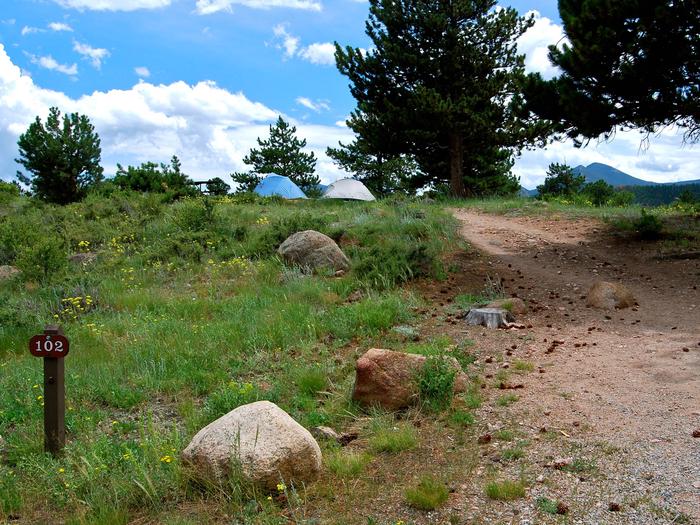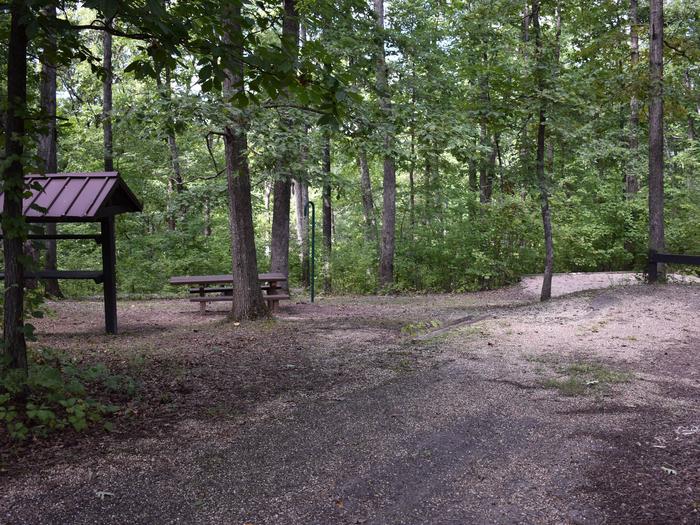Directions
From Columbia, SC take I-20 east, exiting at Exit 98 and turning left onto Highway 521. Follow Highway 521 into Camden, SC to the intersection of US Highway 1 and 521. Turn right, going north on Highway 1. Follow Highway 1 for approximately 35 miles, going through Camden, Bethune, and McBee. The entrance to the refuge is 3-1/2 miles north of McBee. From Florence, SC, take Highway 52 west to SC Highway 151 west in Darlington. Follow Highway 151 approximately 20 miles to the intersection of Highway 151 and US Highway 1 in McBee. Turn right, following Highway 1 north for 3-1/2 miles to the refuge entrance.
Phone
(843) 335-8350
Activities
AUTO TOURING, BIKING, BOATING, INTERPRETIVE PROGRAMS, FISHING, HIKING, HUNTING, WILDLIFE VIEWING, OBSERVATION SITE, PHOTOGRAPHY, PADDLING
Camping Reservations
Reserve your campsite at these camping areas:
Hiking Trails
Looking for nice hiking areas to take a hike? Choose from these scenic hiking trails:
Related Link(s)
More South Carolina Recreation Areas
Carolina Sandhills National Wildlife Refuge
Carolina Sandhills NWR was established in 1939 as a federal refuge for indigenous wildlife and game management demonstration project. The South Carolina State Commission of Forestry also conducted timber production and harvesting as long as these activities conformed to good game management and forestry practices. Over the years, management objectives have since been added and modified under other authorities. The 45,348-acre refuge now serves as a demonstration site for land management practices, which preserve and enhance the longleaf pine/wiregrass ecosystem. Carolina Sandhills NWR is situated along the fall line separating the Atlantic Coastal Plain and the Piedmont Plateau in what is known as the Sandhills Region of South Carolina. Due to its location, the refuge is home to a variety of plants, animals, and habitat types characteristic of both the coastal plain and Piedmont Plateau. Rolling sandhills and deep sandy soils found here are remnants of an ancient coastal shoreline of what is now known as the Atlantic Ocean. The refuge supports approximately 190 species of birds, 42 species of mammals, 41 species of reptiles, 25 species of amphibians, and innumerable species of plants. Among this diverse group of fauna and flora are several species that are listed as threatened or endangered. These include the Swainson’s warbler, red-cockaded woodpecker, pine barrens treefrog, white wicky, Well’s pixie moss, and the sweet pitcher plant. Thirty man-made lakes & ponds & over 1,200 acres of fallow fields, forest openings, & cultivated fields contribute to the diverse habitat found here. The refuge supports an estimated 125 clusters of the endangered red-cockaded woodpecker, the largest population in the National Wildlife Refuge System.






